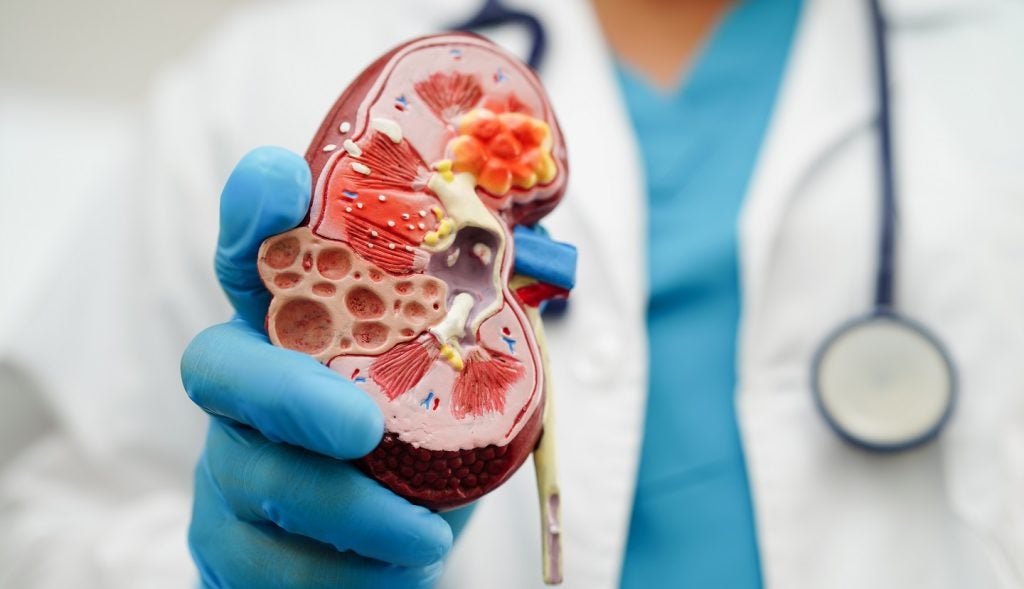Jnana Therapeutics has reported positive topline data from the Phase Ia clinical trial of JNT-517, a potential first-in-class oral treatment for phenylketonuria (PKU).
JNT-517 is a small molecule phenylalanine (Phe) transporter SLC6A19 inhibitor. SLC6A19 is responsible for kidney reabsorption of Phe back into the bloodstream and facilitates the excretion of excess Phe from the urine.
The placebo-controlled, randomised, double-blind study evaluated the tolerability, safety, pharmacodynamics, and pharmacokinetics of JNT-517 in 64 healthy adults.
In the trial, it was observed that JNT-517 resulted in dose-dependent increases in urinary Phe across single and multiple ascending dose cohorts.
JNT-517 was found to be safe and well tolerated at all dose levels, with no serious adverse events.
The study also compared suspension and tablet formulations of JNT-517.
Jnana Therapeutics co-founder and CEO Joanne Kotz said: “We are encouraged by the positive results from the Phase Ia portion of our first-in-human trial of JNT-517.
“These initial data are consistent with human genetics and preclinical data and confirm that JNT-517 inhibits SLC6A19 and results in the increased excretion of Phe at doses that are safe and well tolerated.
“Jnana’s RAPID platform enabled the identification of JNT-517, a first-in-class inhibitor acting at a cryptic allosteric site, validating RAPID’s ability to successfully identify leads for difficult-to-drug targets.”
Jnana’s ongoing JNT-517 Phase I programme was initiated in Australia in the fourth quarter of last year.
Jnana Therapeutics senior vice-president and development head John Throup said: “We look forward to partnering with the PKU community as we proceed into the Phase Ib portion of the trial in individuals with PKU, bringing us a step closer to potentially providing a first-in-class oral therapy for the treatment of PKU.”
The placebo-controlled, randomised, double-blind Phase Ib study intends to enrol participants with PKU at clinical sites in Australia and the US. It anticipates to start dosing in the third quarter of this year.








